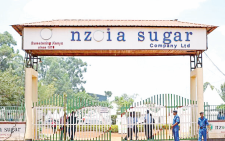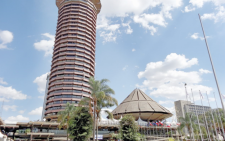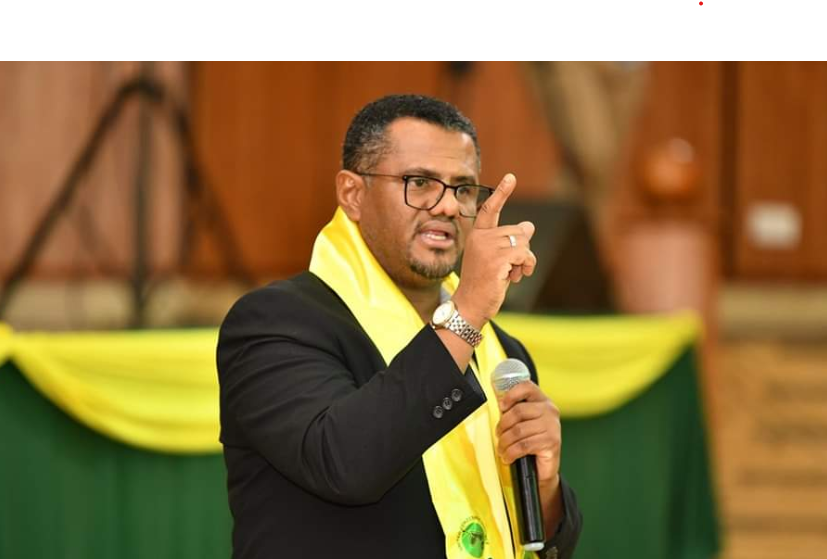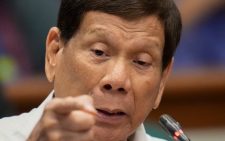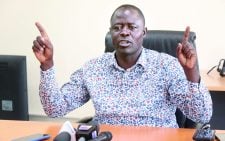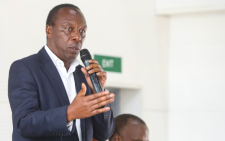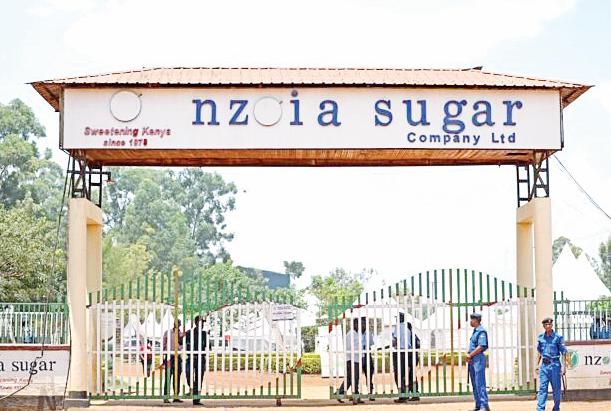Experts warn of economic dip over General Election jitters
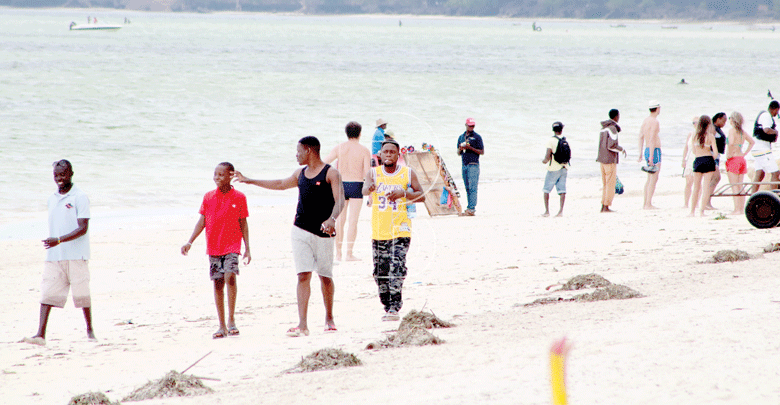
Experts have sounded an alarm over a possible double-dip economy as the 2022 General Election draws closer.
Banking on historical patterns whose implications, they believe, have negatively impacted on the economy, stakeholders who spoke to People Dailysay growth is projected to shrink owing to election jitters.
Samuel Nyandemo, an economic expert and a lecturer at the University of Nairobi (UoN) says the rising political temperatures are “already scaring away investors,” a clear sign, which he believes must not be ignored.
“Campaigns have started in earnest. This shows you what lies ahead for our economy. I can foresee the economy under performing,” he said.
Churchill Ogutu, head of research at Genghis Capital Ltd has also warned of slowed economic output which he says will be triggered by investors’ apprehension ahead of the polls.
“Expect business investments to slow down as investors will adopt a wait-and-see approach which is a typical behavior when general elections are about to be held.
Consumption and economic output will also be affected and so will be key sectors such as real estate and by extension financial markets,” said Ogutu in an interview.
Seamless exercise
Other sectors under threat from the impending polls are tourism and hospitality industries, as well as the education sector – which are still hurting from the effects of the coronavirus pandemic.
Ordinarily, the Independent Electoral and Boundaries Commission (IEBC) uses schools as polling stations, meaning education will inevitably be interrupted by the polls.
The above named sectors as well as manufacturing are some of the biggest employers and have been hit hard by the Covid-19 pandemic.
Speaking at the weekend, during the launch of Full Year 2022/23 and the Medium-Term Budget preparation process, Treasury Cabinet Secretary Ukur Yatani said Kenya’s economy is anticipated to grow by 6.6 per cent this year.
However, that may be delayed as leaders are already engrossed in the upcoming campaigns.
“The year 2022 being an election year, we’ll see heated political activities especially during the fourth quarter of 2021/22.
We are hopeful that the electioneering period will be well managed to avoid erosion of investor confidence as this could affect the road to accelerated economic growth,” said Yatani.
Experts say that the closer the election gets, the more likely its effects on the economy, regardless of who the candidates are, as business owners and investors tend to put on hold their investment plans.
In general, presidential races –held after every five years, are known to breed uncertainty in the overall economy, which ordinarily alters attitudes among policy makers, investors and thus, sways decision making process particularly in the private sector.
Investors tend to be reluctant to put their money in new opportunities or projects during such periods as they adopt a wait-and-see attitude, because of the uncertainties of transitioning into a new government which takes at least six months after the new administration takes over.
But this is known to take longer in the event presidential elections are contested
“You should also expect a disruption in the supply chain which could have ripple effects on the economy,” noted Ogutu.
Issue based politics
Industry lobby Kenya Association of Manufacturers (KAM) is already concerned, calling for an ‘issue-based politics that work for all citizens.’
“Historically, there has been a slowdown in business as we head into an election year, and it is no different now.
Currently, the country is at a near-standstill, occasioned by politics ahead of next year’s elections.
Unfortunately, the campaigns taking place are happening on the backdrop of a frail economy that is barely rebounding from Covid-19 pandemic,” reads in part a response shared by the association.
As a result, the association says that the wait-and-see approach, often seen ahead of such national exercise is gradually having a long term impact on the country’s economic growth and wealth creation – a habit KAM says has to stop because of the implications it has not only on the manufacturing sector but also other industries.
“It is quite unfortunate that industry has to adopt a wait-and-see approach, before embarking on new projects or expanding the existing ones as we near next year’s elections.
We can no longer afford to do this, as disruption impacts adversely job and wealth creation and ultimately, the performance of the sector,” noted KAM.
